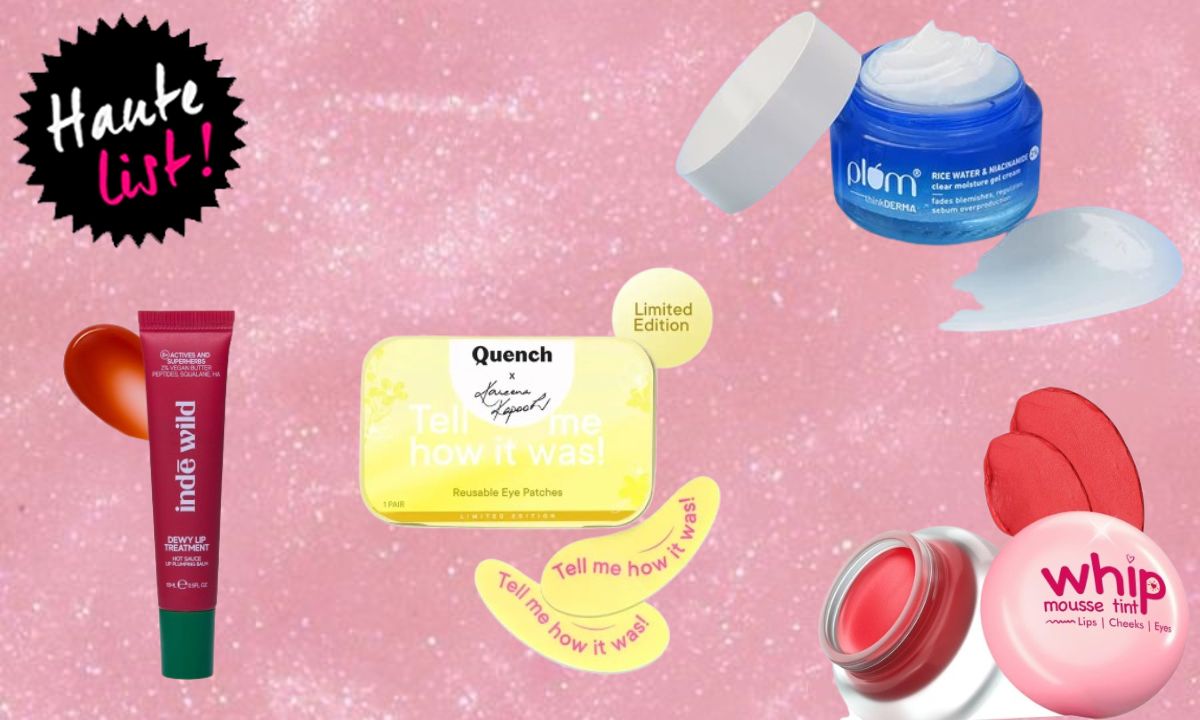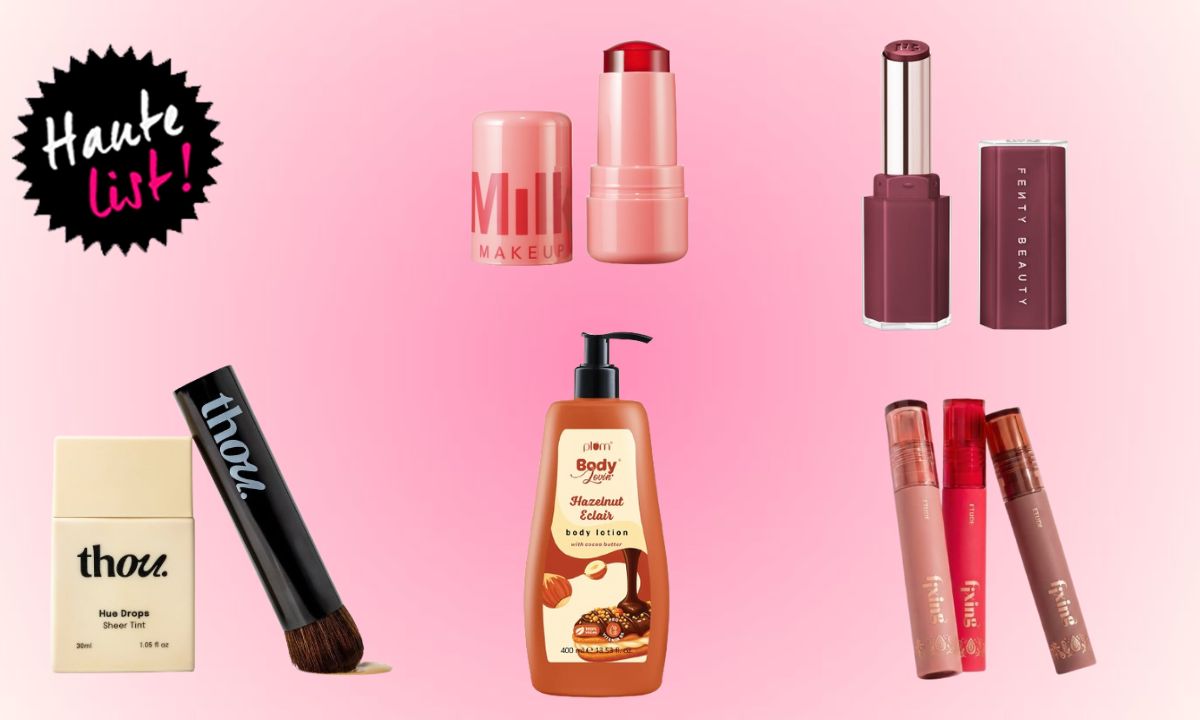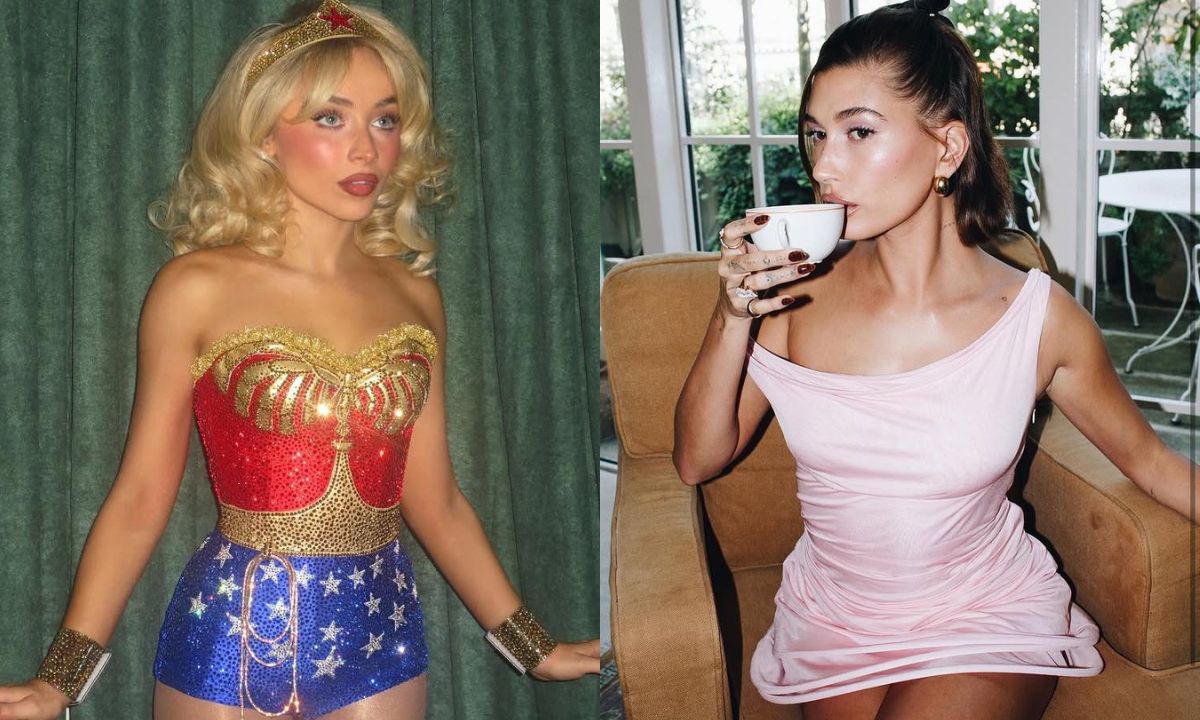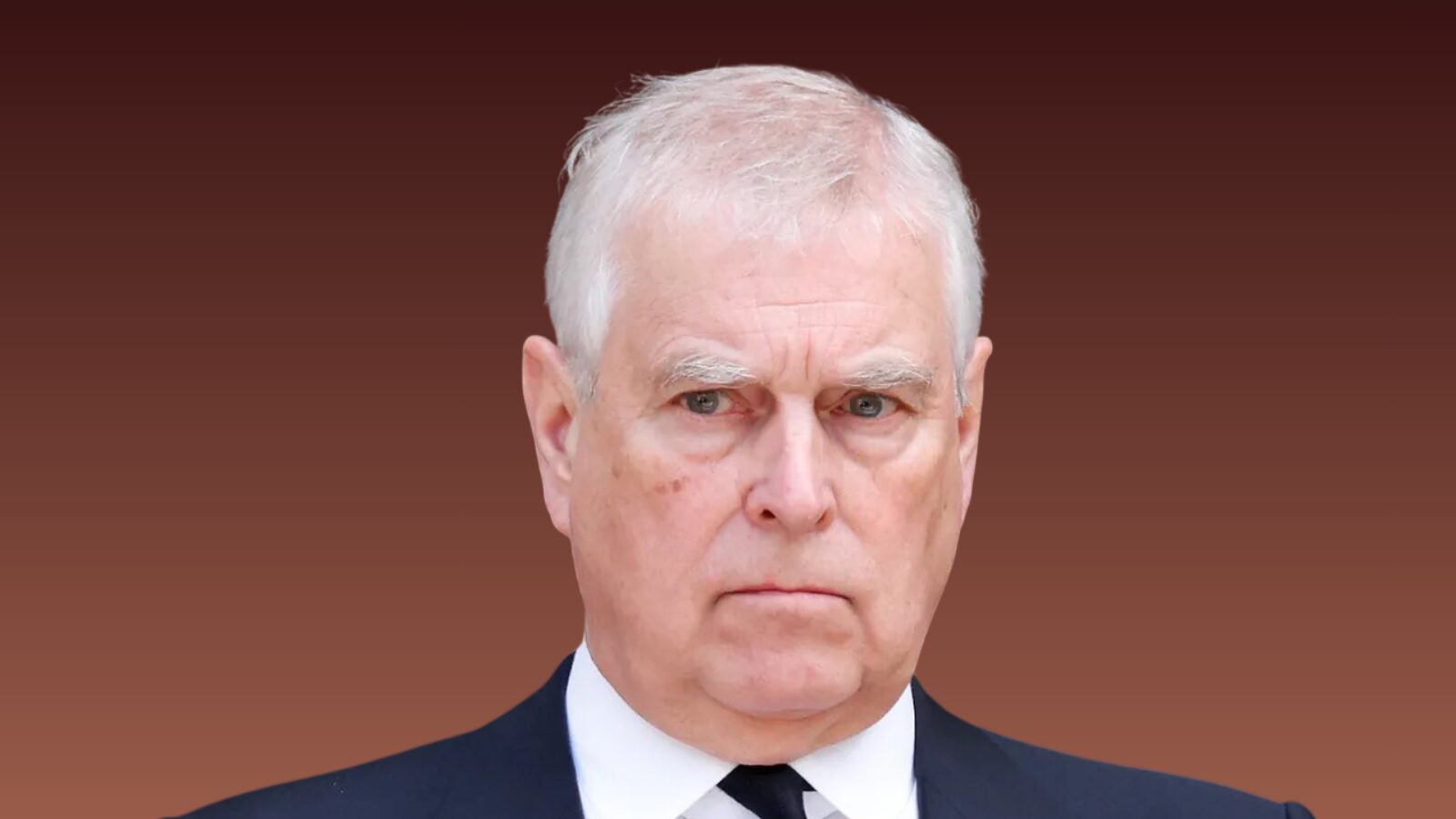6 Best Practices To Follow For Healthy Scalp And Hair, According To An Expert Trichologist
Listen to the expert!
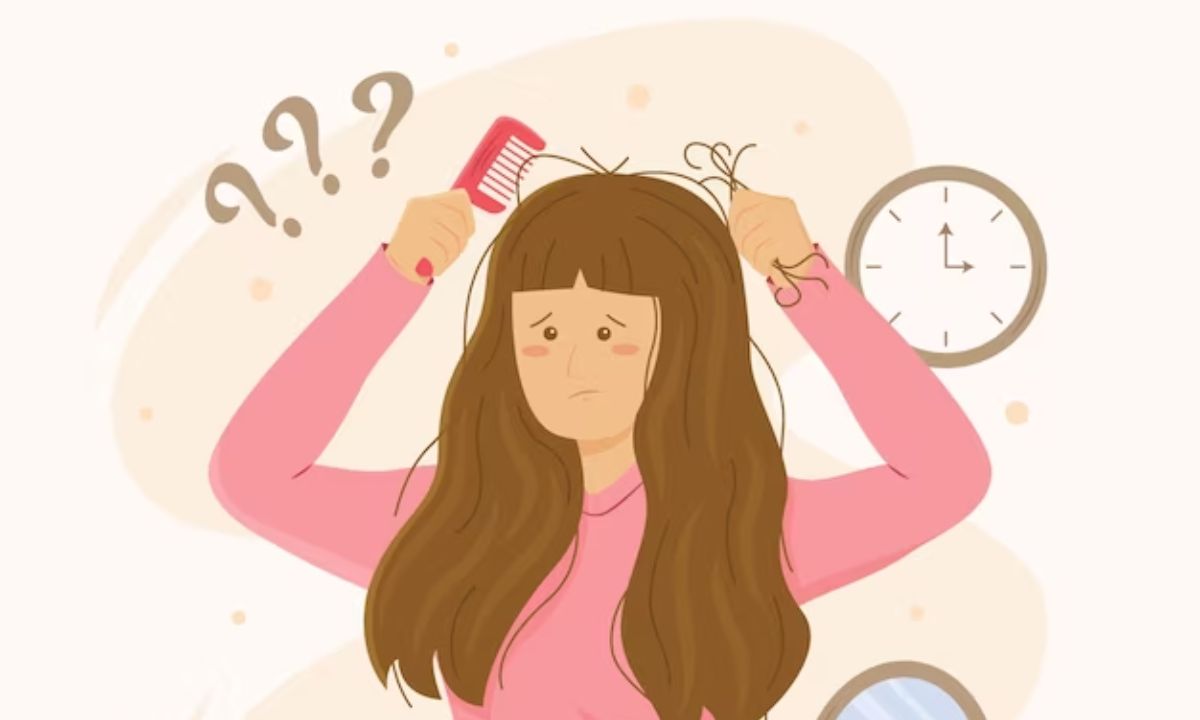
When it comes to your hair, it all begins with the scalp. Think of your scalp as the foundation for a beautiful building; if it’s not strong and well-maintained, the structure above can’t stand tall. Your scalp is home to your hair follicles, and its health plays a pivotal role in the growth, strength, and appearance of your hair. And to help you out more, we reached out to Dr Pooja Chhabra, a certified Trichologist and Cosmetologist for why scalp health should be at the forefront of your beauty regimen.
Common Scalp Conditions Or Problems
Scalp issues are more common than you might think. Conditions like dandruff, seborrheic dermatitis, scalp psoriasis, acne on the scalp, folliculitis, and even just overly oily or dry skin can wreak havoc on your scalp’s balance. Ignoring these problems can lead to discomfort, persistent itchiness, flaking, and yes, even hair loss.
Also Read: Does Your Scalp Feel Like An Oil Factory? Try These 5 Hair Care Heroes For A Refreshing Feeling
Signs And Symptoms Of An Unhealthy Scalp
How do you know if your scalp needs some extra TLC? Keep an eye out for persistent itching, redness, inflammation, excessive oiliness, flaking (beyond just the occasional dandruff), visible scaling or scabbing, and increased hair shedding. If these issues stick around, it’s time to address them.
Also Read: Flaky Scalp Ruining Your Day? Try These 6 DIY Fixes!
Daily Or Weekly Scalp Care Routines
Maintaining a healthy scalp isn’t rocket science, but it does require some consistency. Here’s a simple routine to follow:
1. Scalp Massage: While shampooing, take a moment to gently massage your scalp. This not only feels fantastic but also stimulates blood circulation and helps remove debris. You can also opt for a scalp massager if it suits your preference.
2. Shampoo Selection: Opt for a sulfate-free, pH-balanced shampoo. Always check the labels for these features.
3. Hair Mask Treatments: If you have some extra time, consider applying a hair mask after shampooing. Allow it to work its magic for around 15 minutes before you rinse it away.
4. Air Drying: Whenever you can, let your hair dry naturally in the air. This lets your scalp and hair breathe and reduces exposure to heat, which can be damaging.
5. Diet Matters: Don’t forget the importance of your diet. A well-balanced intake of vitamins, minerals, and proteins is essential for overall hair health.
6. Hydration and Stress Management: Stay hydrated and manage stress. These factors can significantly impact your scalp’s health as well.
So there you go, now maintaining good scalp health won’t be so daunting.
First Published: August 28, 2023 12:01 PMHow To Oil Your Hair When You Have An Oily Scalp? 3 Essential Tips To Try

